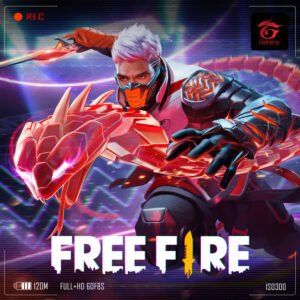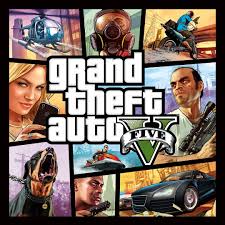A Digital Meltdown: Why the Infinity Nikki and Stardew Valley Crossover Backlash Is a Symptom of a Deeper Problem
Popular Now
 R.E.P.O
R.E.P.O
 Roblox
Roblox
 Sonic the Hedgehog™ Classic
Sonic the Hedgehog™ Classic
 NBA 2K24
NBA 2K24
 Minecraft
Minecraft
 Call of Duty
Call of Duty
 Fall Guys
Fall Guys
 League of Legends
League of Legends
 God of War Ragnarök
God of War Ragnarök
 Rust
Rust
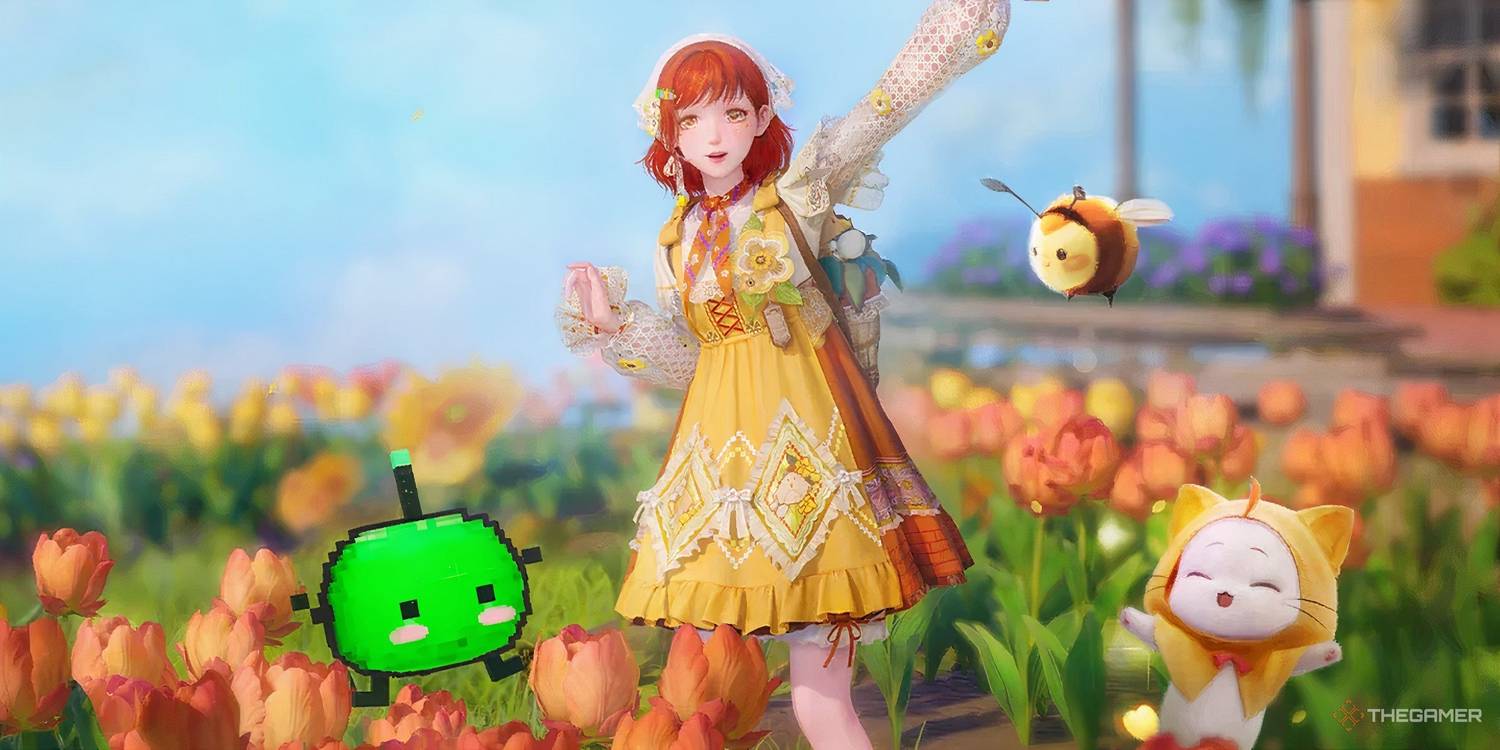 On the surface, a crossover between Infinity Nikki and Stardew Valley should have been a universally celebrated event. It’s a collaboration between two beloved “cozy” games, each with a massive, dedicated following. The developer of Stardew Valley, Eric “ConcernedApe” Barone, is a revered figure in the indie community, known for his commitment to player-first design and free updates. Infold Games’ Infinity Nikki, on the other hand, is a visually stunning open-world game with a core dress-up mechanic that has captivated a huge audience since its April 2025 launch. The announcement of a collaboration, which would bring Stardew Valley-themed outfits and items to the game, should have been a harmonious moment. Instead, it ignited a firestorm of online rage, exposing a troubling trend in gaming culture that suggests many of us have lost touch with reality.
On the surface, a crossover between Infinity Nikki and Stardew Valley should have been a universally celebrated event. It’s a collaboration between two beloved “cozy” games, each with a massive, dedicated following. The developer of Stardew Valley, Eric “ConcernedApe” Barone, is a revered figure in the indie community, known for his commitment to player-first design and free updates. Infold Games’ Infinity Nikki, on the other hand, is a visually stunning open-world game with a core dress-up mechanic that has captivated a huge audience since its April 2025 launch. The announcement of a collaboration, which would bring Stardew Valley-themed outfits and items to the game, should have been a harmonious moment. Instead, it ignited a firestorm of online rage, exposing a troubling trend in gaming culture that suggests many of us have lost touch with reality.
The backlash was immediate and vicious. Fans accused ConcernedApe of “selling out,” despite his public statements that he receives no money from these collaborations and only participates in them for fun and out of appreciation for the other games. Infinity Nikki players, already at odds with Infold over recent monetization changes and a heavy-handed response to leakers, saw the collaboration as a cynical distraction—a “cute outfit reveal” designed to sweep community issues under the rug. The online vitriol has been so intense that it has soured what was meant to be a simple, fun, and free content update. This reaction, in its disproportionate anger, reveals a community that has become so entrenched in online drama that it has forgotten the simple joy of a video game crossover.
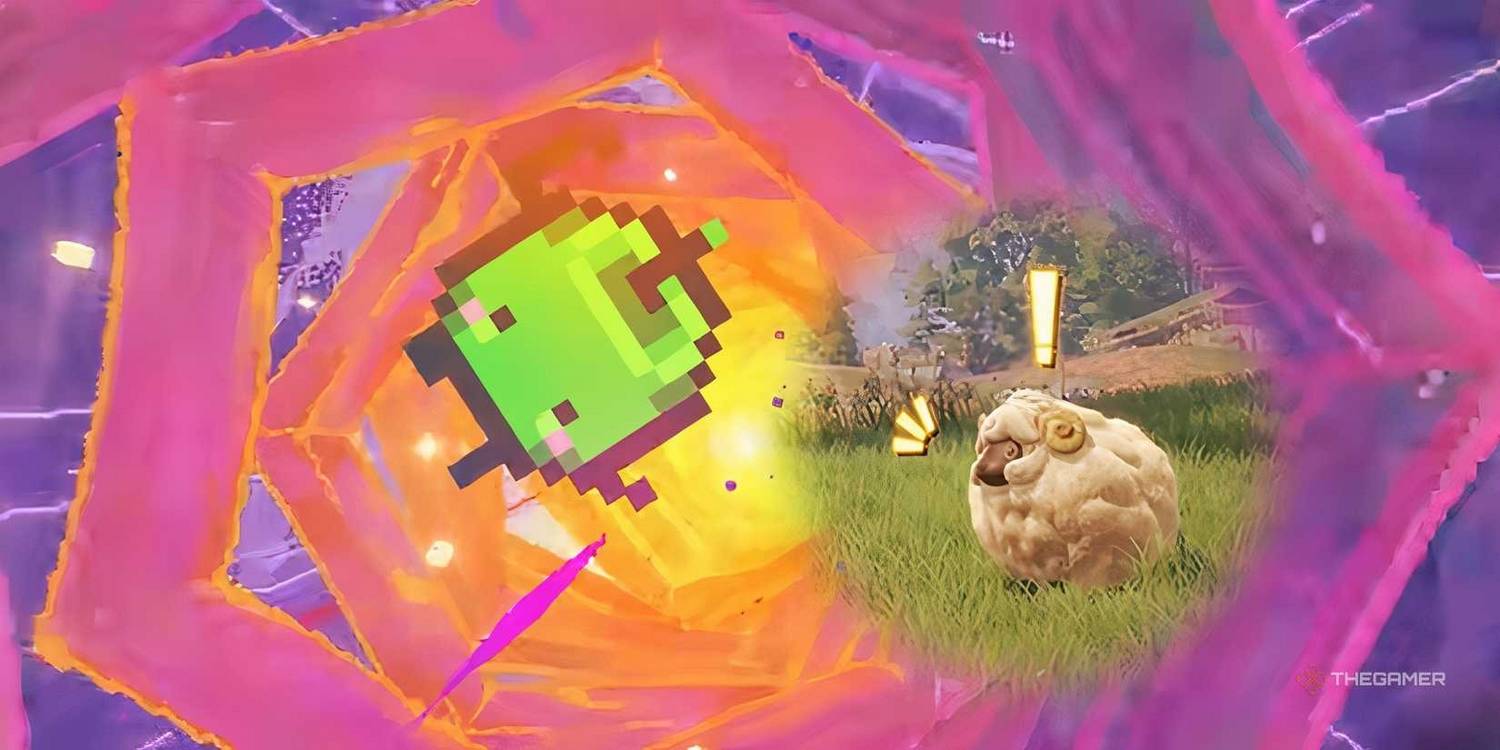 The Anatomy of the Outrage: A Breakdown of the Discontent
The Anatomy of the Outrage: A Breakdown of the Discontent
The anger surrounding the crossover, while seemingly nonsensical, is rooted in several interconnected issues that have been festering within both communities for months.
- Infinity Nikki’s Monetization and Developer Backlash: The core of the Infinity Nikki community’s anger stems from Infold’s recent business practices. The free-to-play game, while praised for its exploration and art style, has been criticized for its aggressive gacha system and the high cost of its outfits. Furthermore, the developer’s stern, almost condescending public message denouncing leakers—who, in the absence of a clear content roadmap, had been helping players make informed purchasing decisions—fueled a massive “girlcott” campaign. For these players, the Stardew Valley crossover was not a celebration, but a distraction from valid, unaddressed concerns about the game’s economy and developer communication.
- The “Selling Out” Fallacy: For Stardew Valley fans, the collaboration was seen as a betrayal of their beloved indie game’s pure, anti-capitalist ethos. This perspective, however, is deeply flawed. Eric Barone has a long history of making decisions that benefit the community, not his bottom line. His statement that he does not profit from these collaborations, and that he does them as a “free love letter” to other developers, fell on deaf ears for a vocal minority who seem to believe that any business interaction is inherently corrupt. This “us vs. them” mentality creates a toxic environment where even a good-natured gesture is viewed through a lens of corporate greed.
- The Problem with Online Gaming Culture: At a broader level, the backlash is a symptom of a gaming culture that is increasingly hostile and entitled. Gamers, especially on social media, have become accustomed to having every whim catered to, and when a development decision—even a benign one like a crossover—doesn’t align with their personal narrative of what a game should be, they lash out. The rage is instant, performative, and often disproportionate to the offense. The result is a constant state of low-level outrage that makes it difficult for a developer to do anything without a segment of the community screaming about a “betrayal.”
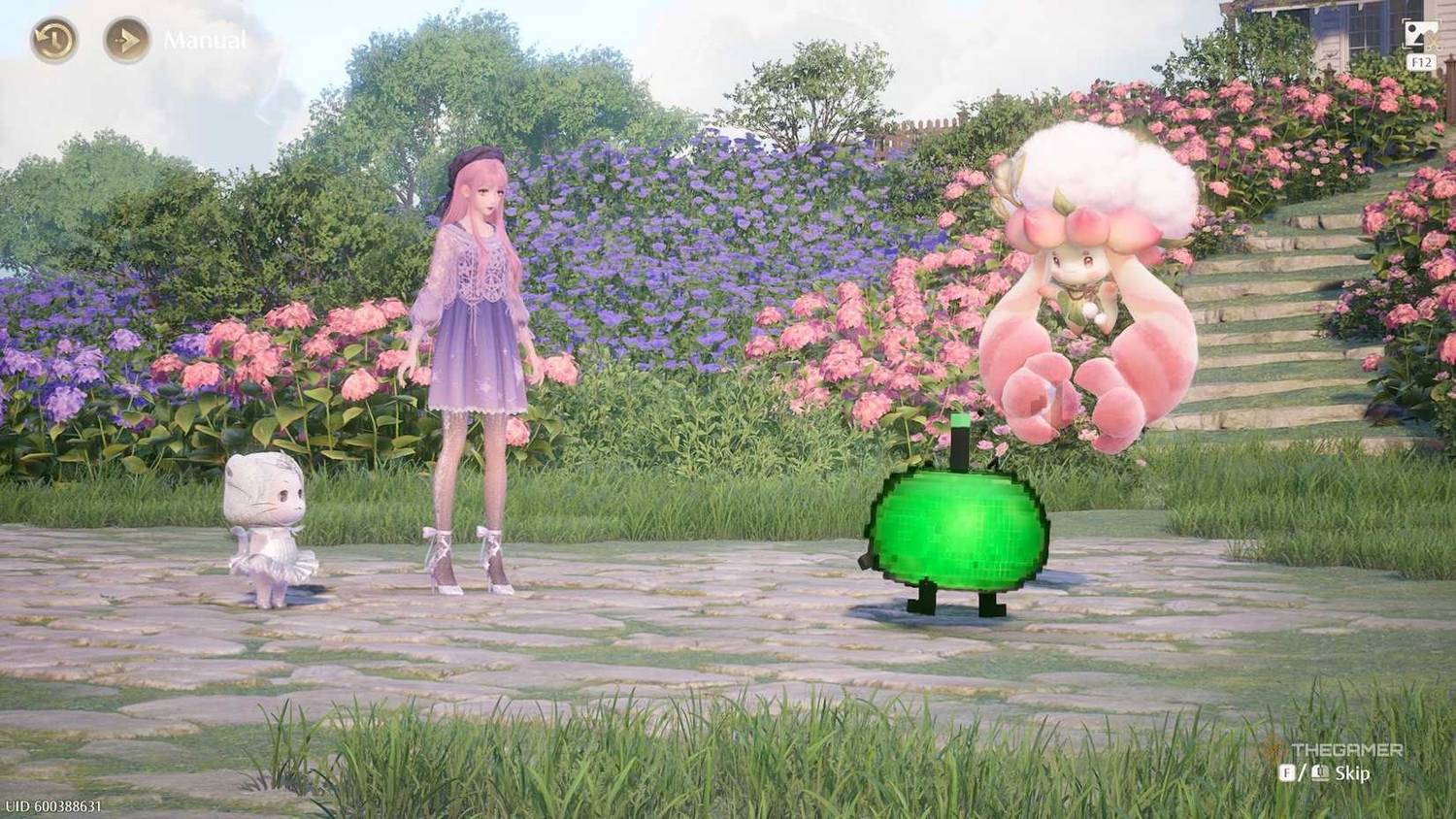 A News Perspective: The Disconnect Between Reality and Online Discourse
A News Perspective: The Disconnect Between Reality and Online Discourse
From a news perspective, this entire saga is a perfect example of the disconnect between the real-world impact of a news item and the hyper-inflated reaction to it online. In reality, a free update that adds a cosmetic item to a video game is a non-story. In the digital world, however, it becomes a front-page controversy, complete with public statements, boycotts, and heated debates. The fact that a game’s “community” can have a collective meltdown over a free, optional cosmetic item is a clear sign that the outrage has very little to do with the item itself and everything to do with a pre-existing sense of grievance.
The backlash for the Infinity Nikki and Stardew Valley crossover is a sad reminder of how toxic and disproportionate online fan culture has become. It’s a world where a gesture of goodwill is seen as a hostile act, and where a developer’s sincere message is twisted into a corporate conspiracy. The truth is, the world of video games is not as dire as online forums would have you believe. Sometimes, a crossover is just a crossover. It’s a free gift from one creator to another’s community. It’s a moment of simple fun. Perhaps it’s time for some in the gaming community to step away from the keyboard, log off for a bit, and, as the saying goes, touch some real grass. They might find that the world—and the games in it—are not nearly as angry as they appear to be online.

